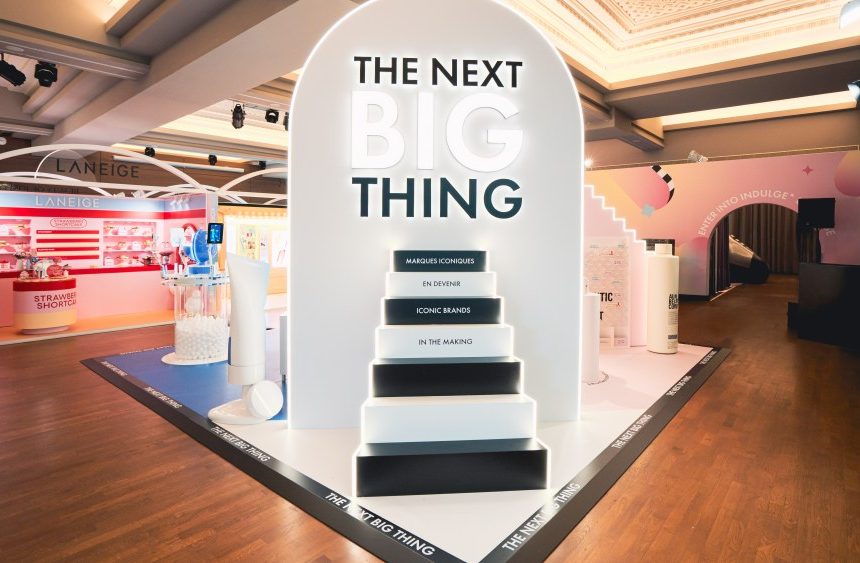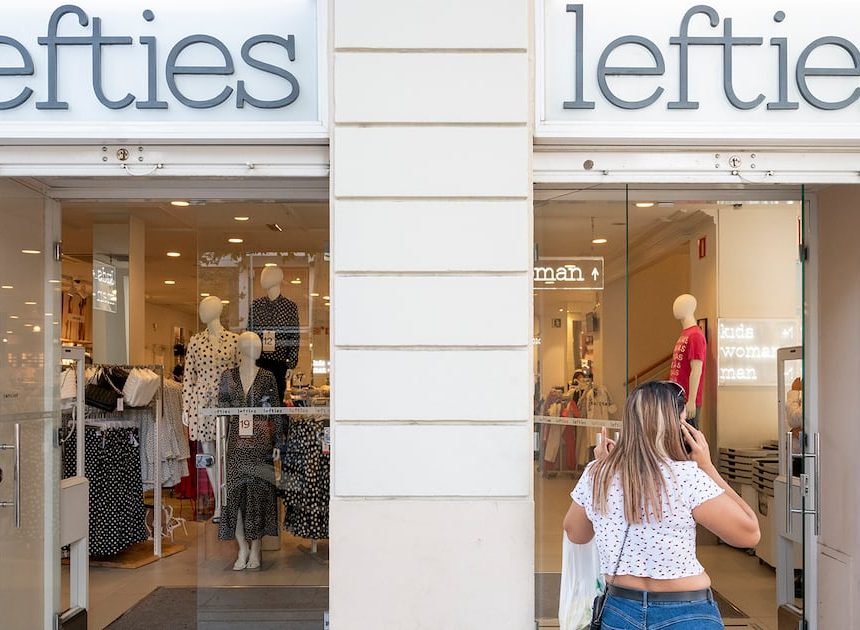By
Bloomberg
Published
November 19, 2025
Prada SpA is preparing to revamp Versace by putting Lorenzo Bertelli, the designated heir of the Italian billionaire family, at the helm of the fashion house it agreed to buy earlier this year.
Lorenzo, the eldest son of designer Miuccia Prada and industrialist Patrizio Bertelli, will be named executive chairman of Versace following the completion of the deal, he said in an exclusive interview on Bloomberg’s Italian-language podcast, Quello Che i Soldi Non Dicono.
“When we ask around about Versace’s global reach, it’s always among the top five names that pop up around the world,” Bertelli, 37, said. “So the brand is much bigger than its current turnover and we are always up for difficult missions, like trying to bring the business back to the greatness of its brand.”
In April, Prada agreed to buy Versace from Capri Holdings Ltd. for about €1.25 billion ($1.45 billion), the biggest purchase in Prada’s 112-year history. The brand adds a different aesthetic to Prada’s portfolio and paves the way for the creation of a larger Italian player that can potentially compete more effectively with rival global luxury groups.
Versace, while far from its heyday in the 1980s and 1990s, was a “strategic choice,” according to Bertelli — an opportunity for Prada to expand its business following the success of Miu Miu. It’s a challenging purchase, with falling sales and loss-making operations.
“We discussed it a lot within our family before making this decision,” he said. “We have some clear ideas on how to leverage the experience we gained by expanding Miu Miu.”
The Miu Miu brand, popular among Gen Z consumers, recorded a 93% boost in retail sales in 2024 to over €1.2 billion, helping Prada to post record profit in a crisis year for the luxury sector.
Adding Versace, with about $821 million in annual revenue, will make Prada one of Italy’s biggest luxury firms and counter a trend of Italian fashion groups being acquired by foreign rivals. French conglomerate LVMH Moet Hennessy Louis Vuitton SE owns Fendi and Loro Piana, while Kering SA owns Gucci and, together with Qatar’s Mayhoola for Investments, Valentino.
Still, reviving Versace might prove challenging. Its flashy, ready-to-wear outfits that once ruled the runways are less resonant with today’s young consumers. Sales fell 20% last year as efforts by Capri — which purchased the brand in 2018 — to turn it around by raising prices and dialling down its ornate designs didn’t work out.
“Resuscitating glories of the past takes time, money, and is not guaranteed,” said Luca Solca, a Bernstein analyst, in a recent note.
Despite its high brand awareness, Versace suffers from overexposure to wholesale and outlet channels, has weak price discipline and loses money with its undersized direct-retail operations, he said.
On the other hand, the brand’s ongoing losses are priced into Prada shares, he said. It can afford to be patient, sacrificing easer and faster growth by “building a stronger foundation,” Solca said.
The timing of the deal could also work to Prada’s benefit. Improving results in the luxury-goods sector have raised hopes that a slump in global demand may be subsiding. LVMH returned to growth last quarter, while Burberry Group Plc saw comparable-store sales turn positive for the first time in two years.
Bertelli ruled out interest in Armani Group, which could be sold after the death of founder Giorgio Armani. “It’s still unclear what the family or the people who have inherited the company, will want to do,” Bertelli said.
Prada is focused on Versace for now but remains open to eventually doing more M&A, Bertelli added. “We will look at any opportunity because, after all, going around blindfolded is dangerous.”
For now, Bertelli said he doesn’t plan to make major alterations to Versace management. The former rally driver said he doesn’t regret the decision to join the family business full-time, and said the succession is happening “naturally and smoothly.”
“With generational transitions, you tend to live in a more detached way with the pros and cons,” Bertelli said. “One of the pros is being able to see the business and the sector in which you operate in a slightly more detached way, and make decisions in a slightly more conscious way.”


